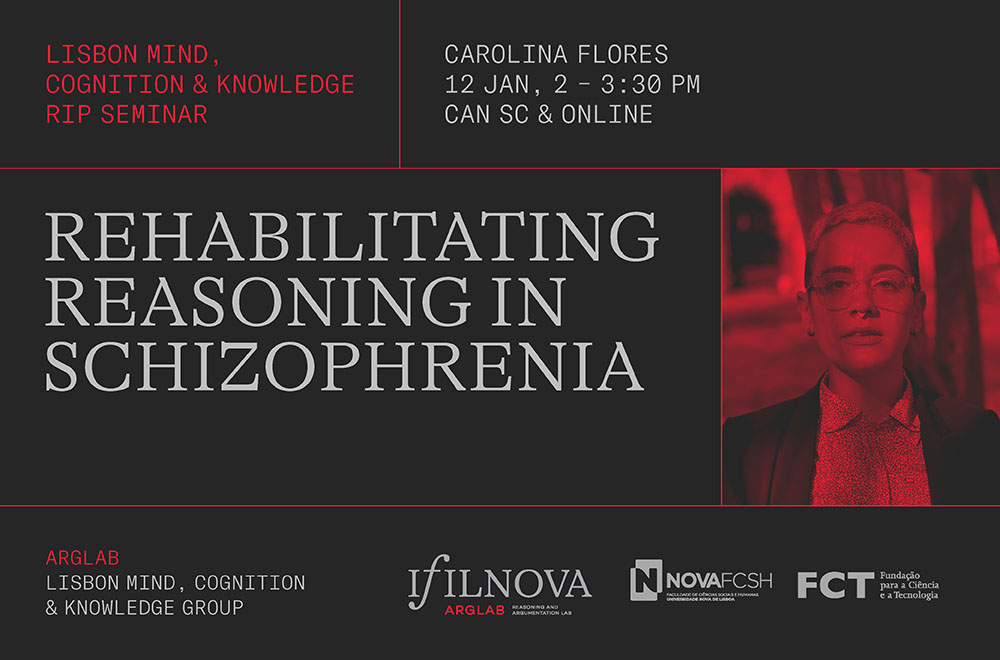Carolina Flores

Reasoning in schizophrenia appears to lie beyond the bounds of sense. For example, how are we to make sense of believing that one’s partner is unfaithful because the fifth-lamppost along on the left is unlit? By analyzing empirical results on biases in schizophrenia (with a focus on work by Todd Woodward and collaborators), I argue that reasoning in schizophrenia in fact overlaps with ordinary reasoning. Reasoning in schizophrenia is the result of setting epistemic parameters in familiar ways, indeed, in ways that we praise in other contexts. It has much in common with ways of reasoning promoted by the Enlightenment tradition. This way of reasoning can be rational in some contexts. Indeed, if their experiences were veridical, it would be rational to reason as patients with schizophrenia do. Schizophrenia emerges as primarily a disturbance of salience, with subjects doing the best they can to make sense of their unusual experiences.
Carolina Flores (University of California, Irvine)
To join the session on Zoom, please contact Gloria Andrada at gandrada@fcsh.unl.pt for the details.

